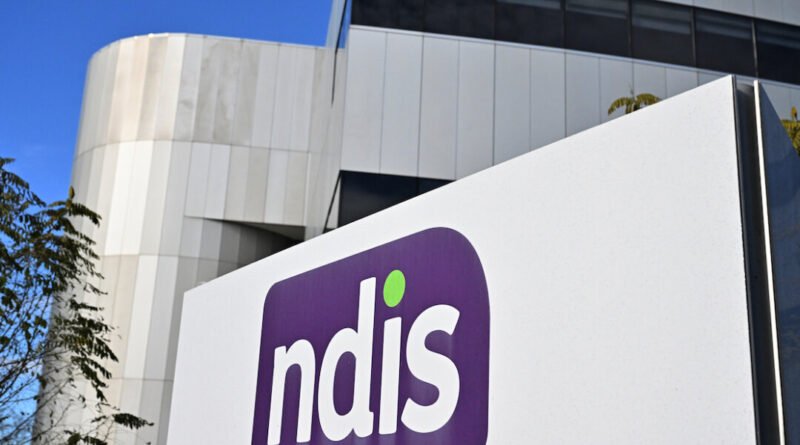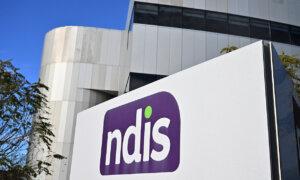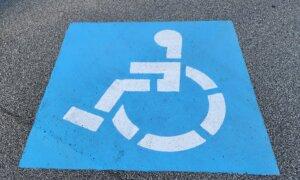NDIS Trials Implementing Outcome-Based Payments to Enhance Efficiency and Control Costs
The pilot is set to commence in 2025.
The federal government has initiated trials for an NDIS program with a focus on achieving better outcomes.
Currently, the National Disability Insurance Scheme (NDIS) pays providers for services, but the new plan will switch to outcome-based payments upon meeting specific goals.
NDIS Minister Bill Shorten mentioned that the pilot aims to discover improved solutions for the smooth operation of the NDIS.
The National Disability Insurance Agency (NDIA) has selected 31 providers who will receive a share of $330,000 to collaborate on designing blended payment options and determining the most effective approach.
Grants were offered to registered NDIS providers, particularly those offering employment support for school leavers, supported independent living (SIL), and aiding younger individuals in residential aged care (YPIRAC).
Shorten stated, “This is another step in our efforts to enhance the experience for all NDIS participants and ensure they are achieving the goals they have set.”
“We need to provide participants with more choices in the future regarding how they engage providers and how payments are made,” he remarked.
The continuous cost of maintaining the NDIS has been an ongoing concern.
On August 22, the Senate approved long-awaited reforms following a week of discussions in Parliament aimed at controlling the escalating costs of the program, projected to reach $50 billion by 2025-2026.
Key aspects of the legislation include an 8 percent cap on NDIS spending growth and stricter eligibility criteria for services.
The government aims to save $14.4 billion over the next four years.





